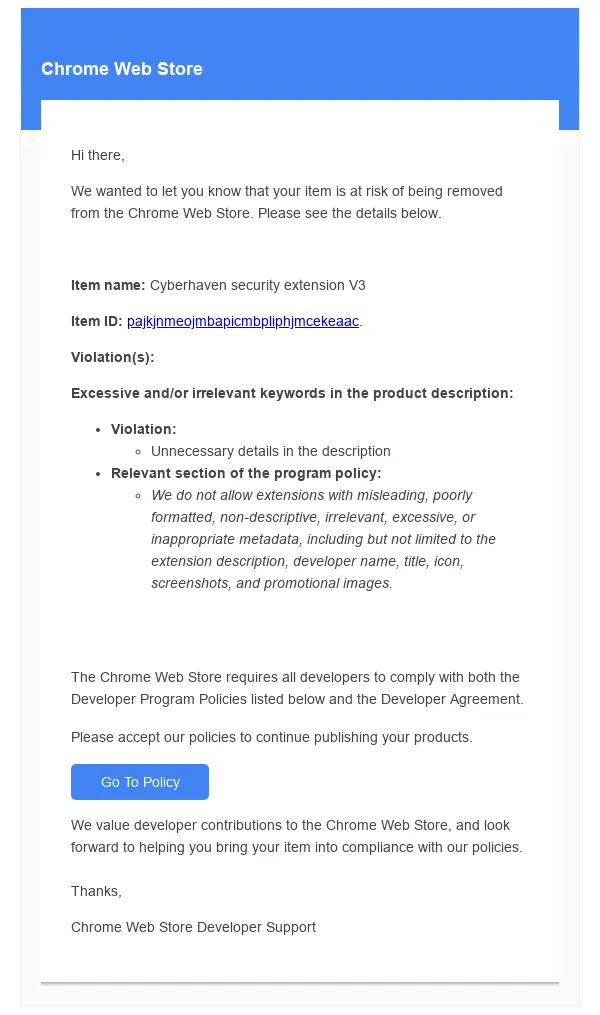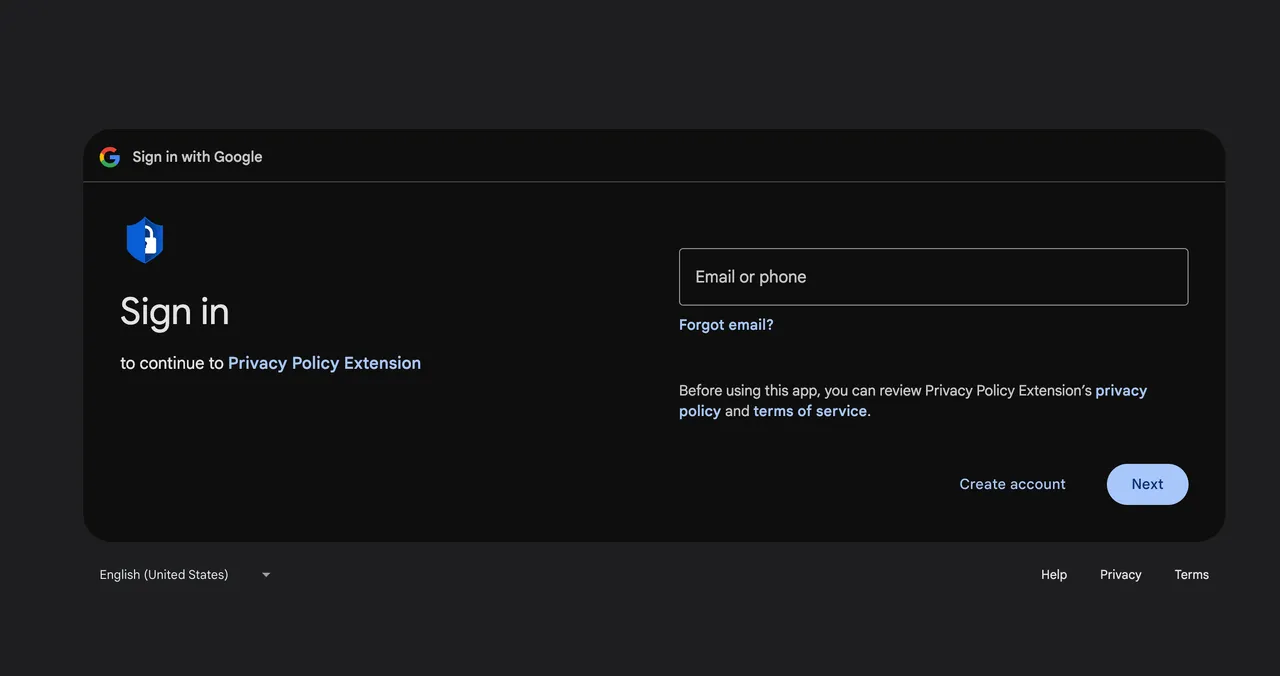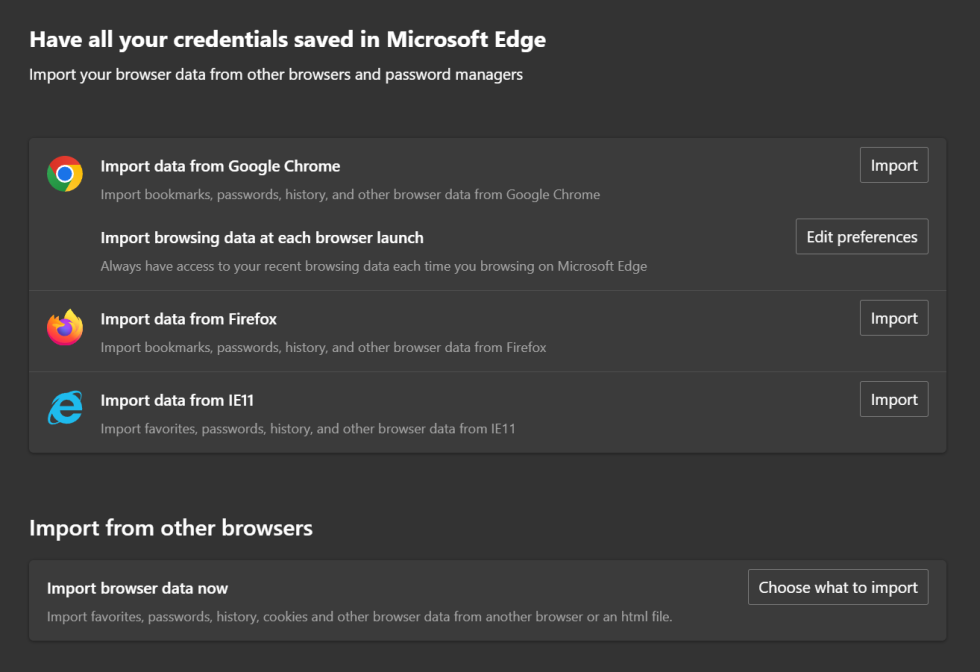Perplexity offers more than twice its total valuation to buy Chrome from Google
Google has strenuously objected to the government’s proposed Chrome divestment, which it calls “a radical interventionist agenda.” Chrome isn’t just a browser—it’s an open source project known as Chromium, which powers numerous non-Google browsers, including Microsoft’s Edge. Perplexity’s offer includes $3 billion to run Chromium over two years, and it allegedly vows to keep the project fully open source. Perplexity promises it also won’t enforce changes to the browser’s default search engine.
An unsolicited offer
We’re currently waiting on United States District Court Judge Amit Mehta to rule on remedies in the case. That could happen as soon as this month. Perplexity’s offer, therefore, is somewhat timely, but there could still be a long road ahead.
This is an unsolicited offer, and there’s no indication that Google will jump at the chance to sell Chrome as soon as the ruling drops. Even if the court decides that Google should sell, it can probably get much, much more than Perplexity is offering. During the trial, DuckDuckGo’s CEO suggested a price of around $50 billion, but other estimates have ranged into the hundreds of billions. However, the data that flows to Chrome’s owner could be vital in building new AI technologies—any sale price is likely to be a net loss for Google.
If Mehta decides to force a sale, there will undoubtedly be legal challenges that could take months or years to resolve. Should these maneuvers fail, there’s likely to be opposition to any potential buyer. There will be many users who don’t like the idea of an AI startup or an unholy alliance of venture capital firms owning Chrome. Google has been hoovering up user data with Chrome for years—but that’s the devil we know.
Perplexity offers more than twice its total valuation to buy Chrome from Google Read More »










